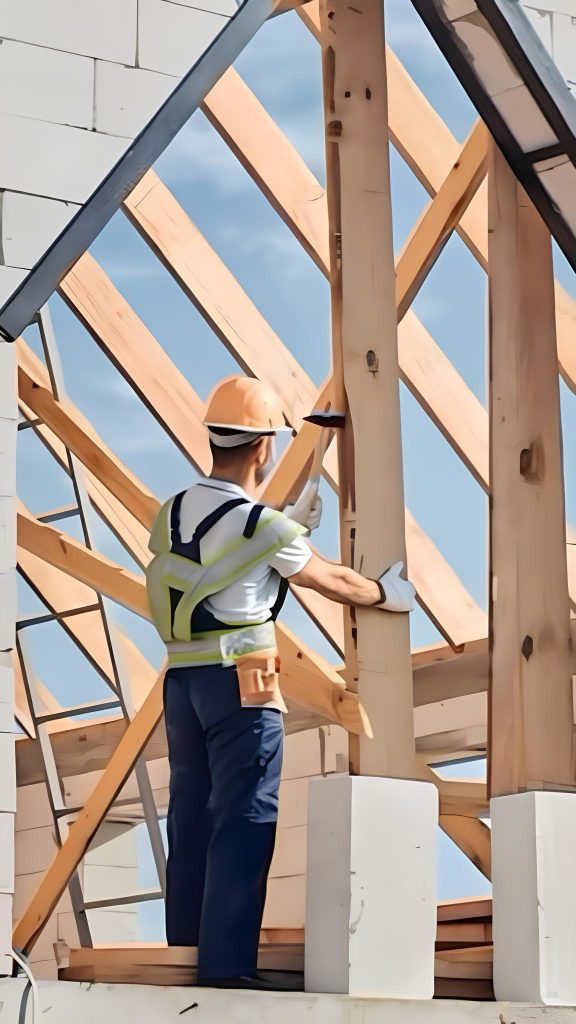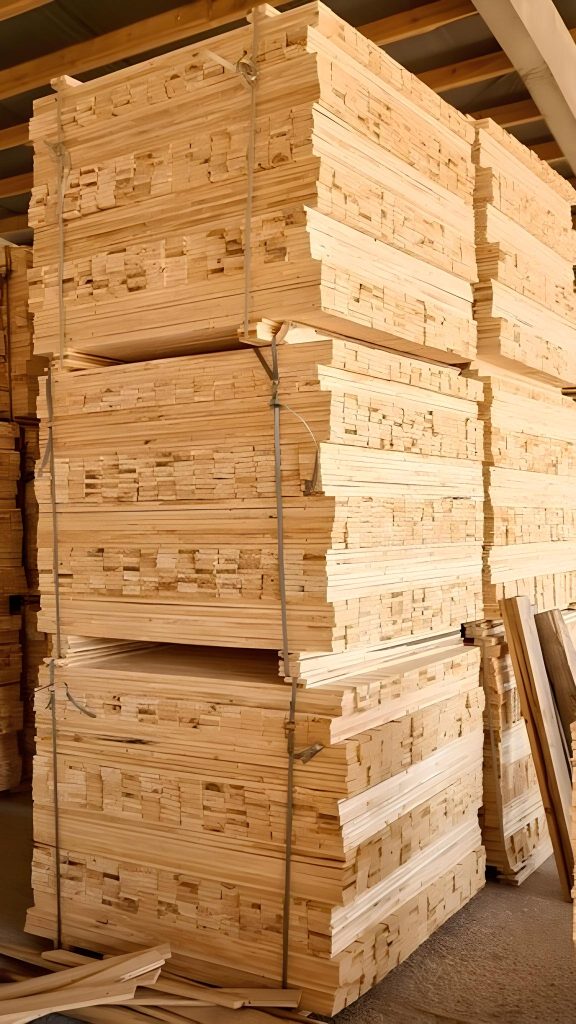The Critical Role Lumber Distributors Play in Today’s Construction Industry
The construction industry is one of the key pillars of global development, and its progress depends largely on the steady availability of high-quality lumber and building materials. From residential housing to massive infrastructure projects, the need for reliable supplies has never been more critical. As construction demands continue to rise, especially with urban expansion and population growth, the role of distributors becomes increasingly vital. These distributors are not just intermediaries, they are the backbone of the supply chain, ensuring that builders, contractors, and developers get the materials they need, when they need them, and at the right price. In this article, we take a closer look at the role of lumber and building material distributors, the reasons behind their market leadership, and the significant influence they have on shaping the construction industry.




